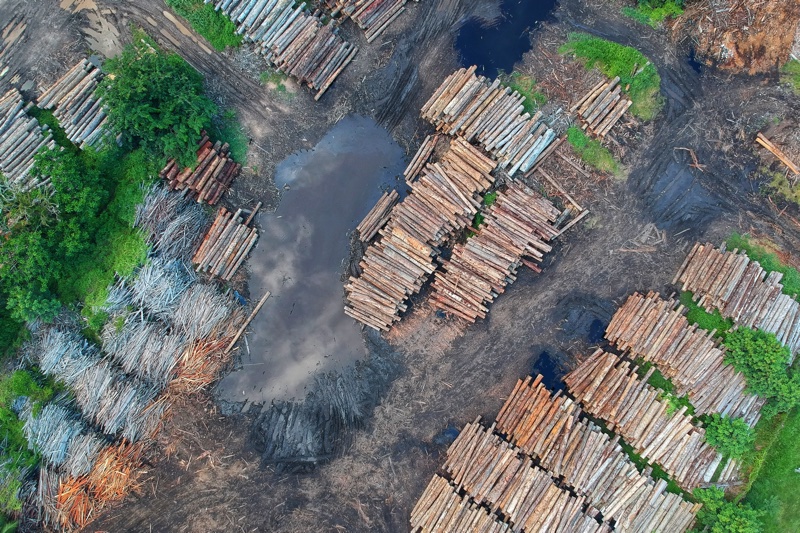Non-profit organisation CDP has named beauty giants L'Oréal and Beiersdorf as two of the most responsible companies for protecting forests.
According to its The Money Trees report, the firms are paving the way in sourcing sustainable palm oil.
In 2017, L'Oréal created a Sustainable Palm Index, which assesses palm derivative suppliers based on their commitments and achievements to supply chain knowledge, sustainable sourcing practices and compliance with Zero Deforestation policy.
While, Beiersdorf’s Palm Sustainability Roadmap helps the company navigate and procur sustainable raw materials through its supply chain.
Last week, Mintel announced that beauty consumers are the most ethical shoppers in the UK.
However, despite the industry’s efforts, CDP’s report found corporations are refusing to release data on their deforestation impact and others are showing limited or no action to reduce deforestation.
Ignoring the problem

In 2018, more than 1,500 companies deemed to have a significant impact on deforestation were asked by CDP to provide data on commodities linked to deforestation - such as timber, palm oil, cattle and soil - but 70% failed to do so.
This included major consumer-facing brands such as Next, Sports Direct, Dominos and Mondelez, all of which have declined to respond for the last three years.
Meanwhile nearly a quarter of companies are either taking none or limited action on deforestation, according to CDP.
This, the firm has said, could cause up to US$30.4bn in losses due to impacts of deforestation risks, including brand damage, forest fires and crop failures.
“The silence is deafening when it comes to the corporate response to deforestation,” said Morgan Gillespy, CDP’s Global Director of Forests.
“For too long corporations have ignored the impacts of their supply chains on the world’s forests and have not taken seriously the risks this poses - both to their business and the world.”

Last year, Greenpeace launched its Rang-tan campaign encouraging brands to stop using 'dirty' palm oil
The report also found transparency around deforestation lags behind other environmental issues such as climate change and water security (both 43%).
Gillespy added: “Environmental concern is at an all-time high, and companies are [required] to be transparent and take decisive action to protect forests.
“Consumers increasingly want to know that their shopping basket isn’t driving the destruction of the Amazon, extinction of the orangutans [or] climate crisis.”
